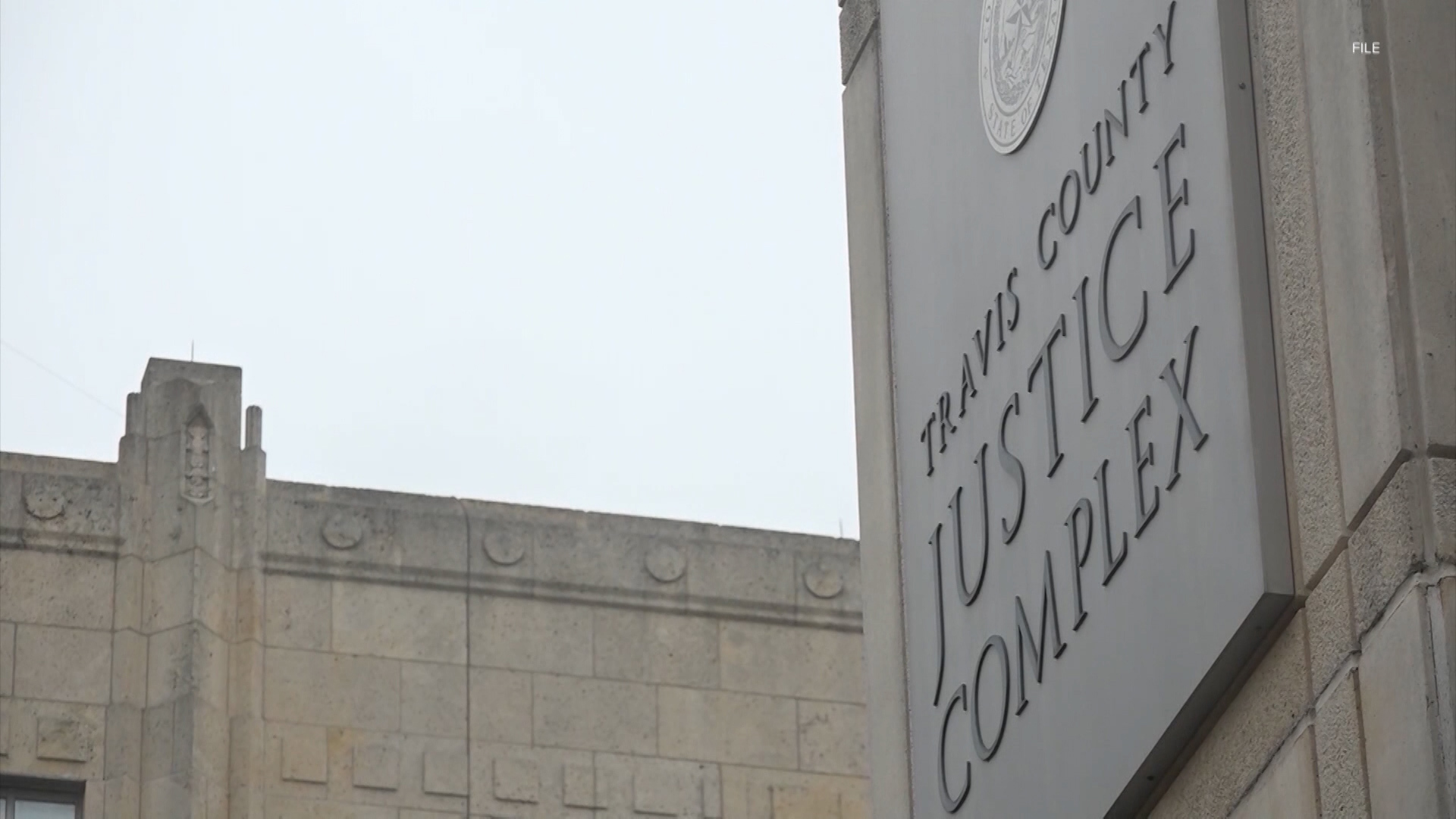AUSTIN, Texas — This week, Travis County Commissioners set aside millions of dollars in their nearly $2 billion budget for the county's justice system.
Close to $70 million would go toward mental health diversion resources, while an additional $15.5 million would go toward a Counsel at First Appearance program, also known as “CAFA.”
A CAFA program helps make sure defendants have access to attorneys before they go in front of a judge. It’s something the county hasn’t been able to provide for a long time.
“It’s high time that Travis County afford that,” said Travis County Commissioner Ann Howard of Precinct 3.
For years, the county has had trouble finding a place for those parties to meet, and hiring all the staff necessary to provide the service 24/7.
In April, the ACLU of Texas and other advocacy groups sued the county for not providing CAFA, saying it’s constitutionally required. The suit claimed without access to attorneys before going in front of a judge, it can result in people sitting in jail longer than they should, people receiving higher bond amounts they are not able to pay and can sometimes cause defendants to reveal information that can incriminate them in their case later on.
Since being sued, the county has been testing out trial runs of the CAFA program.
“We worked together to make sure that we ran a pilot to identify all of the things that were needed, the number of positions we needed,” said Travis County Commissioner Jeff Travillion of Precinct 1.
Last month, commissioners approved the creation of 39 new positions for CAFA. At the beginning of September, they held a job fair to recruit staff for CAFA, and commissioners said about 500 people attended.
The county says they don’t have an exact timeline of when they will fill all of these roles, but their priority is doing it correctly.
“It's important to bring experts in and identify all of the individual things that we need and that we build a system and not just a transaction,” Travillion said. “We don't want this to be less than successful because we've rushed through, and we don't consider things that will be helpful in serving the community.”
Another large investment, the nearly $70 million going toward mental health diversion resources will help treat people instead of just incarcerating them.
“We want people to have access to doctors, to medication, to counseling, and then to make sure people have a safe and decent place to heal and to live, and that is not jails,” Howard said.
Howard says many inmates are diagnosed with a mental illness, so providing them with the proper resources could keep them from coming back to an already overcrowded jail.
“I just know that in the long run, it will be a better use of funding to be able to help connect people to health care instead of incarceration," Howard said.

